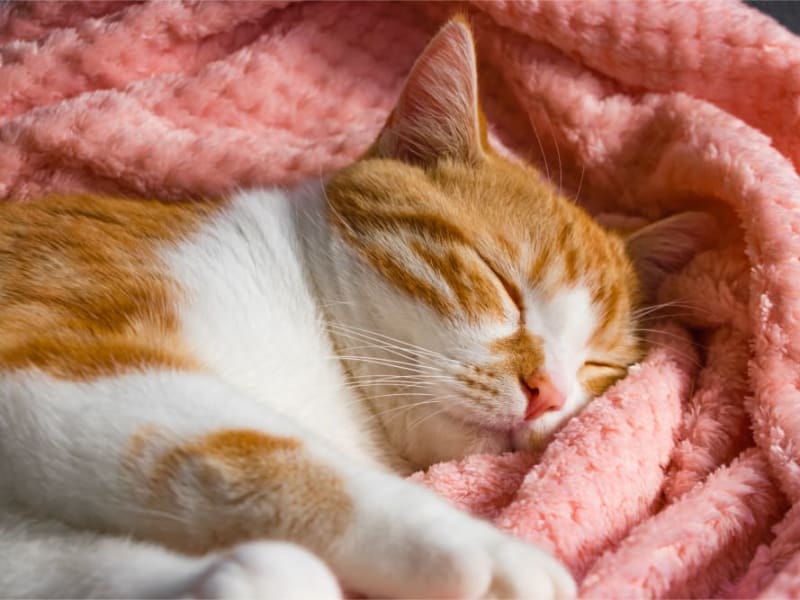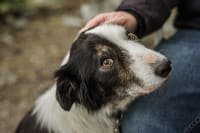Pet Care
My Cat is Sleeping Constantly: Is this Cause for Worry?
Why do cats sleep so much?
Cats have developed the ability to sleep for extended periods of time throughout the day. To save energy for hunting, chasing, and killing their next meal, wild cats must sleep.
Although our house cats may not need to hunt, the instinct to sleep and prepare for the hunt carries on.
How many hours does a cat sleep?
The number of hours that your cat needs to sleep and the typical sleeping pattern for your cat will change as they get older:
- Kittens will likely sleep most of the day, with a few brief bursts of energy between meals.
- Adolescent cats may have erratic sleep patterns combined with periods of intense playfulness.
- Adult cats tend to have more set sleeping schedules that average out at about 12 – 20 hours of sleep each day.
- Senior cats will tend to have less energy and reduced mobility which means they will sleep more than younger cats.
Once your cat reaches adulthood, you’ll notice that he or she develops a recognizable sleeping and waking pattern. For example, you might notice that your cat gets up just before you do in the morning, spends an hour or two eating and socializing with you, and then goes back to sleep while you go about your business.
Is my cat really asleep?
Cats sometimes, but not always, sleep deeply. Cats, like people, are frequently found snoozing. Light sleeping accounts for roughly 3/4 of your cat’s sleep time, with deep sleep accounting for only 1/4 of their total sleep time.
Cats get the rest they need while snoozing lightly, but they remain alert. You may notice that your cat’s eyes remain slightly open while snoozing or napping, or that their ears twitch and rotate in response to noises.
When should I be concerned?
It’s not about knowing your cat’s normal sleep patterns and recognizing when that pattern changes significantly; rather, it’s about knowing your cat’s normal sleep patterns and recognizing when that pattern changes significantly.
If your cat begins to sleep a lot more or a lot less than is usual for him/her there may be a health issue, it’s time to visit your vet.
Cats who begin to sleep more than usual could be ill or experience pain. On the other hand, if your cat begins sleeping less than usual it may be suffering from hyperthyroidism or other conditions.
If you are concerned about your cat’s health after your regular vet has closed, contact our Clemmons vets.
Looking for a vet in
Clemmons?
We’re always accepting new patients, so contact our veterinary hospital today to book your pet’s first appointment.
Related Articles View All
How to Tell if Your Cat Has a Broken Leg
Regardless of whether your cat is a curious outdoor explorer or a chilled-out homebody, accidents can happen. Today, our Clemmons vets share signs that may indicate that your cat has a broken leg, and what you should do.
Cat Coughing, Sneezing & Wheezing
Is your cat coughing, sneezing and wheezing instead of contentedly purring? Cat coughs are a sign that something is irritating your feline friend’s lungs, airway or throat. Today, our Clemmons vets share some common causes of cat coughs and what to do.
Signs of Pain in Cats & How to Help
To provide your cat with all the care they need to live a long and healthy life, it’s important to be able to spot the signs of pain early and know what to do. Below, our Clemmons vets offer some advice on how to tell if your cat is in pain, and what you can do to help.
A Pet Parent’s Guide to Cat Dental Care
Cats are as likely as people to suffer from painful dental health issues caused by injury or poor oral hygiene. Unfortunately, many cat owners don’t know what dental care for cats involves or how to care for their feline friend’s oral health. In today’s blog, our Clemmons vets explain how to clean your cat’s teeth and care for their oral health.







